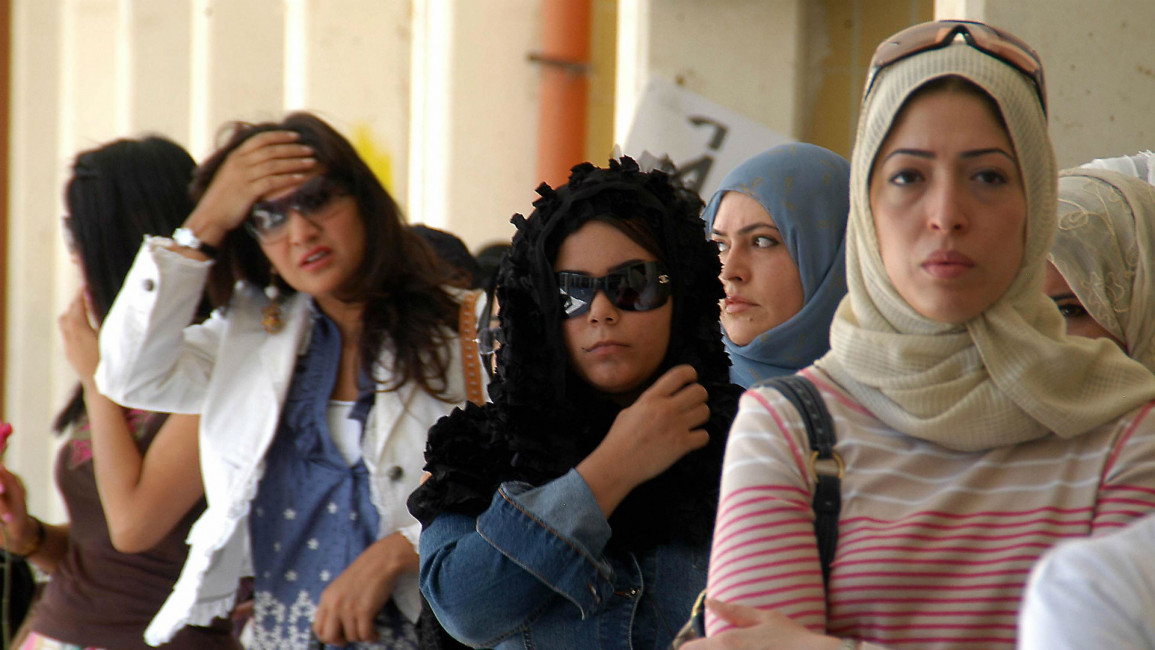Rebellion at polls as Kuwaitis vote against government austerity
Kuwait's Islamist, nationalist and liberal opposition won nearly half of the parliament's seats in Saturday's elections, dealing a further blow to the government.
Opposition groups won 24 of the assembly's 50 seats, in an election sparked by a rebellion against cuts to subsidies.
The Islamist, nationalist and liberal alliance contested the election after a four-year boycott following changes to the voting system.
Half of the opposition seats were won by members of the Muslim Brotherhood-linked party and Salafis, which could threaten the economic reforms of the government.
Major changes
Less than half of previous MPs will take up seats in the new assembly, while won of three cabinet ministers failed to be re-elected. One third of those elected are new-comers.
Liberal candidate Safaa al-Hashem was the only woman of 15 running for office to win a seat.
The Shia minority, meanwhile, was reduced to six seats from nine from the previous election.
It follows a government clampdown on opposition MPs with several having their citizenships revoked.
Most power will remain in the hands of the royal family, with Emir Sheikh Sabah al-Ahmad al-Sabah expected to ask the incumbent prime minister or a member of the ruling family to form a new cabinet.
 |
If the government makes such initiatives, it may succeed in striking a needed political balance and avoid disputes. - Dahem al-Qahtani, political analyst |
 |
"I think this composition will lead to confrontations between opposition MPs and the next government," political analyst Mohammad al-Ajmi told AFP.
"There are many issues that could spark disputes: economic measures, revoking of citizenships and others." parliament due to a dispute over raising petrol prices.
Rebellion
Elections were called and the previous parliament dissolved following a rebellion against petrol subsidy cuts.
The government has been pursuing an austerity programme to make up for a budget shortfall caused by low oil prices.
Many Kuwaitis preciously guard the country's generous cradle-to-grave welfare state, and believe taxes should be raised on the richest to bring in extra finances.
Kuwaits turned out in force to ensure opposition MPs opposed to the government reforms won seats with a 70 percent turnout.
Analyst Dahem al-Qahtani said the opposition had made an "impressive showing".
"Kuwaiti voters have punished those who let them down... and rejected the austerity measures," he told AFP.
"If the government makes such initiatives, it may succeed in striking a needed political balance and avoid disputes."
The government will now have to cooperate with opposition MPs and might have to rein in some of its austerity measures if it wants to avoid a deadlocked parliament.
"If not, confrontations could start from day one," Qahtani said.
Still many economists believe that there will still have to be cuts now to make Kuwait's economy more viable in the future.
Oil incomes which make up 95 percent of government revenues, has nosedived by 60 percent in the past two years.
Kuwait posted its first budget deficit in 16 years with $15 billion last year with signs that low oil prices could be set to continue for the foreseeable future.
Agencies contributed to this story.



![Trump's warm greeting to Netanyahu contrasted with Kamala Harris's critical reception [Getty]](/sites/default/files/styles/image_212x120/public/2024-07/GettyImages-2162908988.jpg?h=69f2b9d0&itok=uRh_9WXh)